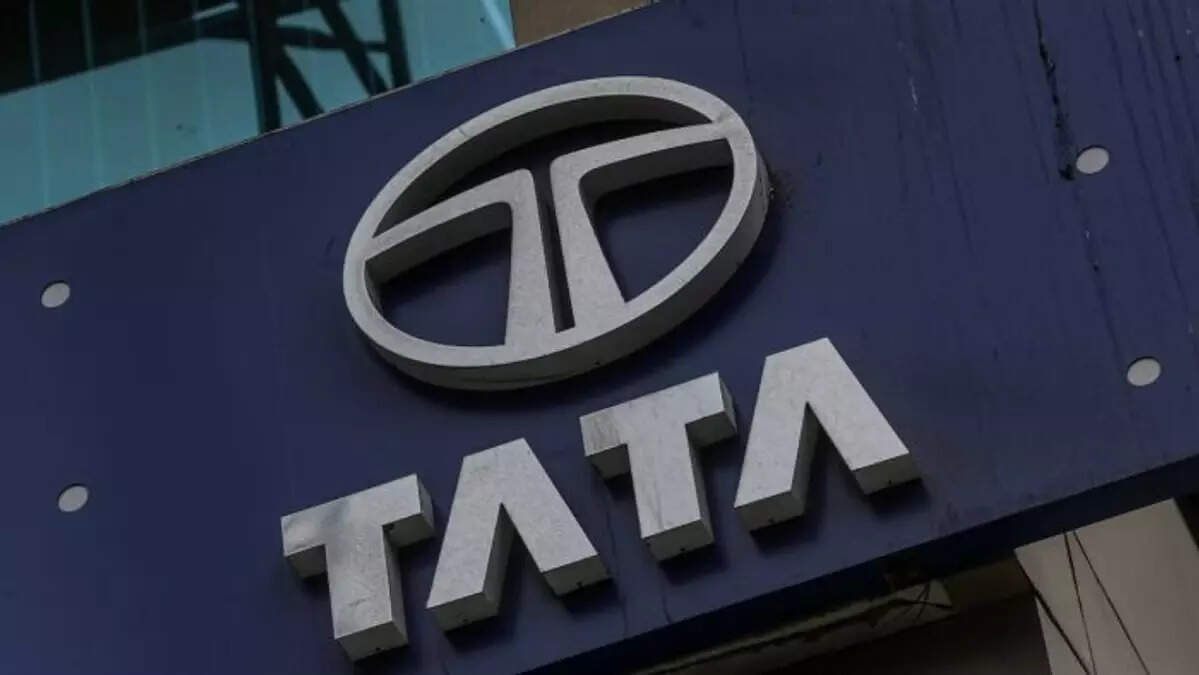
Tata Sons is in discussions with multiple startups as the conglomerate seeks technical know-how for its GBP 4 billion (USD 5.1 billion) UK battery plant, where it aims to start mass production in 2026.
“If you look at the startups that are working in this space, they are at the forefront of technology,” Tata Motors Group Chief Financial Officer P.B. Balaji said in an interview in Mumbai. “It’s a melange of opportunities. We are speaking to a host of them,” he said.
The collaborations for the battery plant, capable of supplying cells for at least 500,000 vehicles a year, could range from a joint venture and sharing of knowledge to experimentation and licensing agreements, Balaji said.
Tata intends to have partners across “the whole pathway from cell chemistry to manufacturing to industrialization,” he said. The conglomerate is speaking to several companies involved in different stages of the value chain — research and development, manufacturing innovation and refining — and plans to make an announcement soon after narrowing down the options.
Tata’s push adds to a host of carmakers like Mercedes-Benz Group Ag, Stellantis NV and Nissan Motor Co., who have mostly chosen to work with long-standing battery makers in scaling up Europe’s battery supply. Volkswagen AG, which is developing 240 gigawatt hours of capacity in the region, in June said its plans faced challenges from finding enough skilled workers, equipment and critical minerals.
The factory is a win for the UK’s car industry that has been struggling in the aftermath of Brexit and the switch to electric vehicles. The UK produced 775,000 cars last year, the fewest since 1965, after the global semiconductor crunch and the closing of some factories hit output.
Jaguar Land Rover Automotive Plc. and Tata Motors, which is a leader in India’s EV market, are anchor customers for the plant that will provide 40 gigawatt hours worth of batteries with supplies starting from 2026. JLR plans to invest GBP 15 billion over the next five years in developing electric cars and autonomous-driving features.
Tata plans to fund the project with a combination of equity and debt, Balaji said, adding it will also look at equipment financing. Tata will borrow whatever is required to keep the business plan running without over-leveraging the balance sheet, he said.
Tata’s main demand from the UK was securing competitive cost and availability of green power on a continuous basis and negotiating that took time, Balaji said. The UK government adjusted taxes, including grid and connection charges, to make the power competitively priced.

